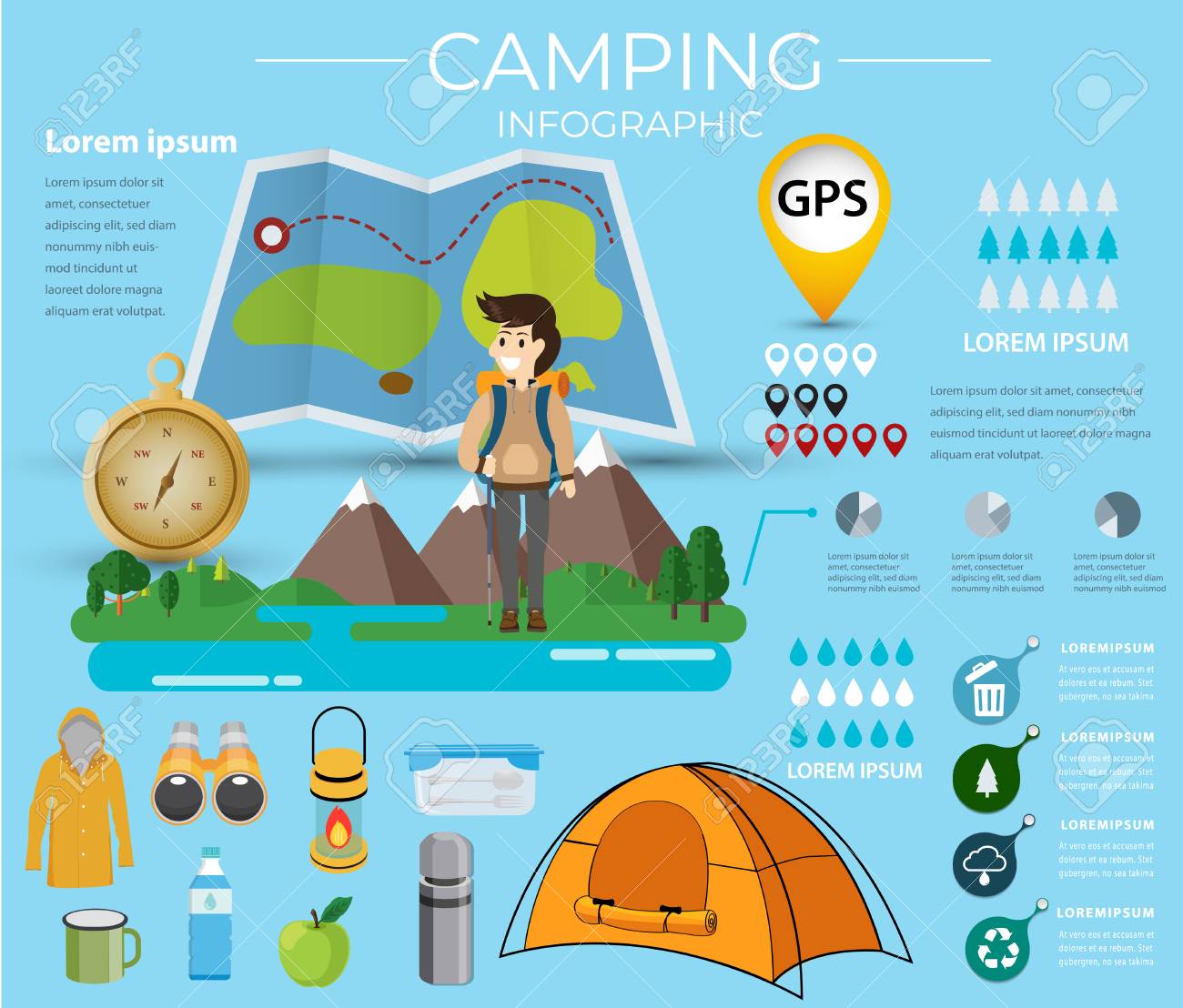CPAI-84 is a typical utilized to check textile for usage in outdoors tents. It utilizes a fire to shed the material and determine the damage length to determine whether it is fire retardant.
How many people can sleep in a tent?
Many tents are treated with fire retardant chemicals to satisfy CPAI-84 standards. Direct exposure to these chemicals is linked to negative health effects.
CPAI-84 is a non-committal and volunteer criterion for flammability of camping tents.
A tent is a mobile, temporary shelter developed to shield people from the components. Camping tents are frequently made use of for recreational tasks and pajama parties and can likewise be a type of shelter for individuals experiencing being homeless. A brand-new proposal would change the referral to CPAI-84 in the Tents Regulations with the recently published ASTM F3431 criterion, which calls for a lower level of flammability and specifies clear labelling demands.
CPAI-84 is a non-committal and voluntary criterion that relates to exterior textiles, consisting of those used in tents. The test determines the flammability of textile by burning samples and measuring their char size and after fire. It also thinks about weathering of the textile.
The existing CPAI-84 examination is less suited to the materials that make up modern camping tents, which are normally constructed from light-weight and synthetic fabrics. It is additionally not as precise as the new ASTM F3431 test. REI is partnering with various other brands, manufacturers and standard-setting teams to sustain the ASTM F3431 requirement, which can allow tents to fulfill flammability requirements without flame resistant chemicals.
CPAI-84 is a screening method.
CPAI-84 is a screening approach that analyzes flame-resistant products used in outdoor camping outdoors tents. It defines a tent as "any kind of mobile short-lived shelter or framework developed to protect individuals from the components." This consists of outdoor camping tents, play outdoors tents, dining flies and canopies, mobile home awnings, and material display homes.
Several states, including California, need that materials made use of in camping tents fulfill CPAI-84 standards. These needs vary from one state to another, nevertheless. Some regional codes, like those in New York, might call for NFPA 701 certification, which is extra extensive than CPAI-84.
The CPAI-84 examination calls for that 4 samples of the material be tested in their original state, saturated for 72 hours, and aged through accelerated weathering. It likewise needs that the sample pass a small-scale test, in which it is subjected to a flame for 12 secs and gauged for char size and damages time.
CPAI-84 is a qualification.
Several states call for that materials utilized in awnings, draperies and tents be certified as flame resistant. The most usual examination is NFPA 701 or CPAI-84. NFPA 701 examinations for flame spread, while CPAI-84 steps char length and afterflame. Both tests utilize a Bunsen burner or a yurt vs tent melt tablet computer as the ignition resource.
CPAI-84 is a screening approach established particularly for flame resistance in camping tent textile. Its standards are extensively approved in the U.S. and are considered a benchmark for fire safety and security in exterior materials worldwide. The CPAI-84 accreditation is a mark of quality that can be shown on a supplier's web site to show customers that the item satisfies the highest safety criteria.
A new update to CPAI-84 is readily available with the Advanced Textiles Association (ATA). This version permits screening of materials without using dangerous flame retardant chemicals. This action is being driven by consumer demand and a worry for health and wellness dangers that are associated with exposure to these chemicals.
CPAI-84 is a criterion.
CPAI-84 is a criterion for flame-retardant materials used in outdoor camping tents. It is similar to ANSI 4950, but the two tests have different needs and examination techniques. CPAI-84 is the responsibility of Industrial Fabrics Organization International and includes testing for camping outdoors tents, play tents, mobile home awnings, dining flies and covers, and material screen homes.
CPAI-84 is frequently needed for camping products offered in the United States and is taken into consideration a criteria for fire safety and security in materials. It is also vital for camping producers to comply with the common so that they can give consumers with a high degree of confidence in the security and high quality of their items. Several states, consisting of California, call for camping tents to follow CPAI-84 standards. If you're looking for a top quality camping tent, make sure to look for compliance with this criterion. If you're not sure, call the manufacturer and ask about their screening methods and paperwork.
